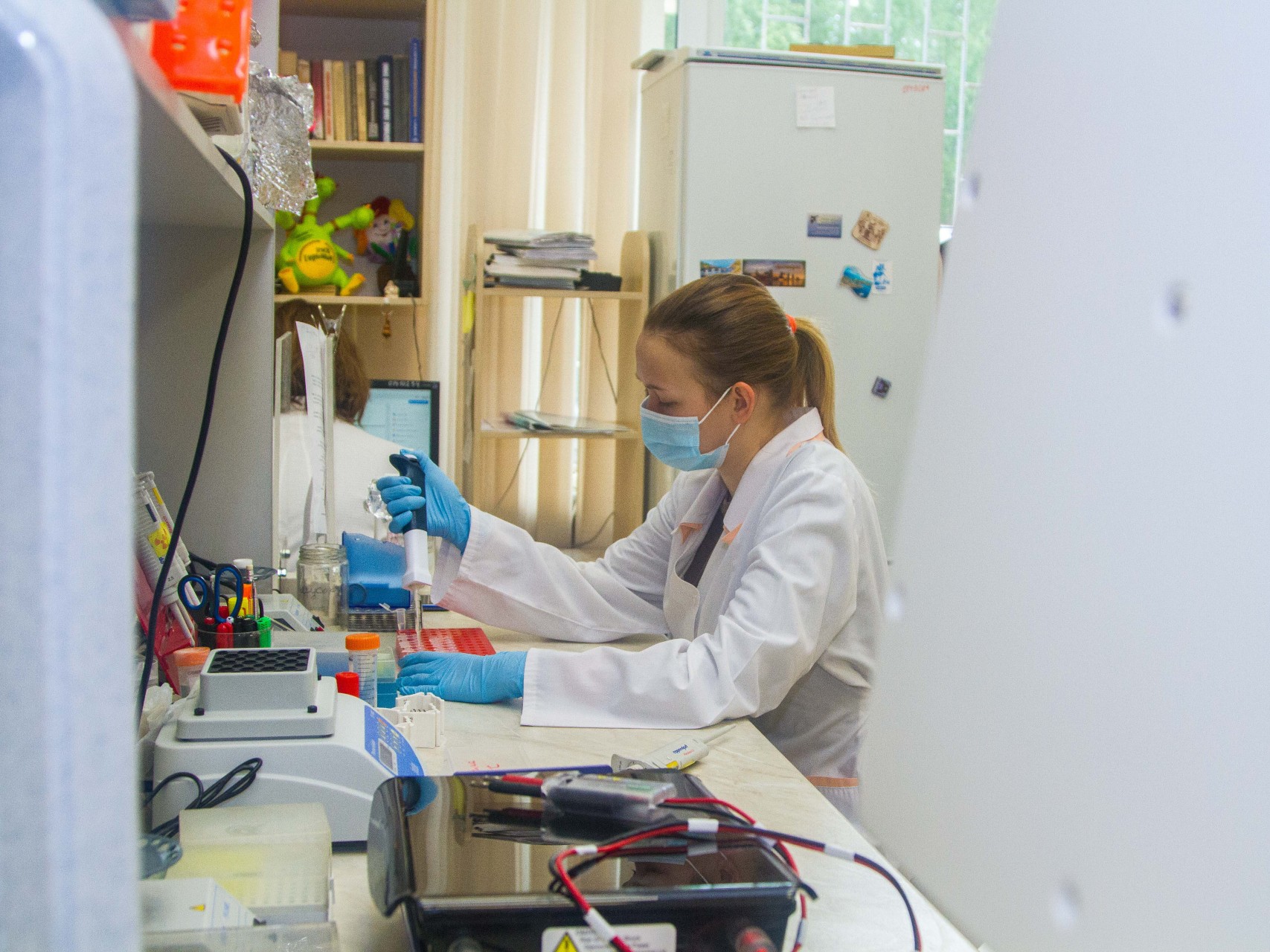
Public perception of scientists as trustworthy experts is likely to be negatively impacted by the COVID-19 crisis, a new LSE research paper published in the Journal of Public Economics has found.
While the view of science as a reliable resource will likely remain unaffected, the trustworthiness and integrity of individual scientists could be “significantly” impacted, particularly among young people who have had exposure to the disease, the study revealed.
In the paper, Revenge of the Experts: Will COVID-19 Renew or Diminish Public Trust in Science?, the researchers investigated how global pandemics since 1970 have affected trust in science and scientists. They found individuals who had the highest level of exposure to an epidemic during their impressionable years (aged 18 to 25) were 11 per cent less likely to trust scientists than those who had not been exposed to an epidemic during the same life period.
The authors note: “Public distrust in science and scientists during and following an epidemic can be a product both of individuals’ backgrounds and of miscommunication by the scientific community. Such miscommunication, including conflicting statements by different experts, is more likely in crisis periods when the pressure to quickly produce and disseminate scientific findings is intense.”
The study found public perception of trustworthiness for doctors, nurses, and others responding to a pandemic is not negatively affected in the same way.
Commenting on the findings, paper co-author, Dr Orkun Saka from LSE’s Systemic Risk Centre said: “Looking at public reaction to previous epidemics, the virus will not impact how science as an endeavour is held. However, it will reduce confidence and trust in individual scientists and cause some people to question their honesty and bias – especially those who are not familiar with the scientific process.
“The strongest impact is likely to be felt by those aged 18 to 25 – an age when value systems and opinions are durably formed.”
The research further shows that epidemic-induced distrust in scientists translates into lower compliance with public health policies in the form of negative views towards vaccines and lower rates of respondents vaccinating their children.
Dr Saka added: “As the UK prepares to roll-out Covid-19 vaccines, our findings are particularly worrying in terms of how distrust in scientists could negatively impact the uptake of the vaccine and public support for it.
“Going forwards, our findings suggest scientists working in public health need to think more deeply about how to communicate their findings and address concerns about corporate agendas, personal bias and disagreements within the scientific community. We suggest more scientific education could be helpful in combatting these concerns.”
For the study, the researchers merged data on the impact of past pandemics on trust in science and scientists with responses to the 2018 Wellcome Global Monitor Survey. This covers over 70,000 people across 138 countries and surveys how people worldwide feel about science and health challenges.
The paper was co-authored byProfessor Barry Eichengreen, from the University of California, Berkeley; Dr. Cevat Giray Aksoy, Lecturer in economics at King’s College London and Principal Economist at the EBRD; and Dr Orkun Saka, Lecturer at University of Sussex, Visiting Fellow at LSE and Research Associate at Systemic Risk Centre.